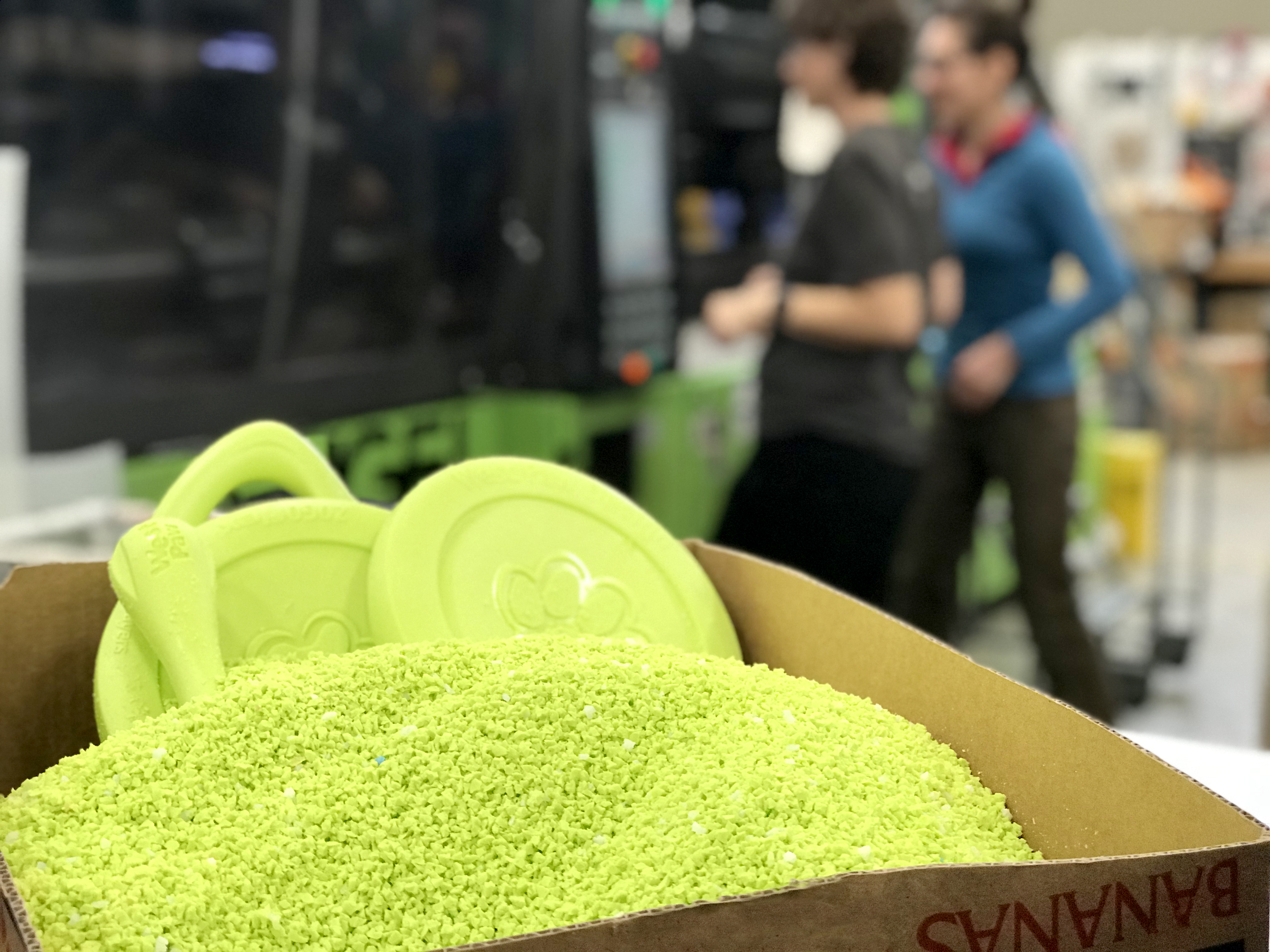People, planet and profit: keeping pace with the changing landscape

The Paris Agreement is forcing companies to take action to tackle climate change. How can you help your organisation to become more sustainable? What lessons can be learned from the early adopters in the pet industry?
Why?
We cannot ignore the facts any longer. There is an urgent need to make the pet industry much more sustainable than it is today. However, sustainability goes beyond just reducing CO2. It is also about a company taking responsibility for the effects of its business activities on people, the environment and business operations. A corporate social responsibility (CSR) policy helps a company to make conscious choices to strike a balance between people, planet and profit, and can even go a step further by increasing the focus on innovating profitably for people, society and the environment.
Assistance
Although it is not easy to take the first step, there are various platforms that can assist you. For example, B-Corp is an internationally recognised seal of approval for CSR. There are currently over 2,600 B-Corp-certified companies in 150 industries worldwide, yet in the pet industry there are so far only three companies with this quality seal: Lily’s Kitchen, P.L.A.Y and West Paw.
What can we learn from the early adopters?
West Paw was the first pet company to obtain B-Corp certification in 2013. Lily’s Kitchen followed in 2015 and P.L.A.Y in 2016. All of them were driven by the internal motivation to make their company more sustainable.
Reducing waste was one of the first issues Lily’s Kitchen wanted to tackle. The company states: ‘We do not sell our wet cat food in pouches as they are not recycled and go straight to landfill. We could not sleep at night knowing the impact this has on our beautiful countryside. A cat would go through 1,095 pouches per year alone – that is 8.8 billion pouches to landfill if you consider how many cats there are in the UK.’
West Paw wanted to be a part of the current global shift in which companies are becoming more interested in using their businesses for good as opposed to just turning a quick profit. This also brings financial benefits, because consumers are increasingly looking beyond a company’s marketing and focusing on third-party certification too.
P.L.A.Y had long admired companies with B-Corp status and decided to find out more about the certification programme, only to discover that it covers P.L.A.Y’s own values and beliefs. B-Corp certification is definitely not restricted to big corporate companies only. The opposite is true, in fact. Certification experiences B-Corp covers the full business model of companies.
This can seem daunting at first, as P.L.A.Y recalls: ‘There were a lot of questions we had to answer and provide supporting documentation for. The main hurdle of becoming certified was the time and resources we had to spend gathering the information, doing the assessments, and the review calls.’
Lily’s Kitchen had a similar experience, commenting: ‘Doing the right thing, taking responsibility and making a difference is at the heart of our business. This can be a long and difficult process but one we will not compromise on.’
The benefits
Each company has to re-certify from time to time to extend its B-Corp seal, but even this can be beneficial, as West Paw has discovered: ‘Having now completed the certification three times, we have continued to improve our internal processes to make the work more efficient and also more impactful on how we can improve our business.’
All three companies indicate that their clients are very proud of them. Certification is an important unique selling point (USP) in a saturated market, which also helps them to convey their corporate values and company positioning clearly and concisely.
Becoming a ‘B-Corp’ means becoming part of the B-Corp network. This helps companies to broaden their horizons, benefit from sharing experiences with others and learn how to improve.
How to take the first step
In the pet industry, the Pet Sustainability Coalition (PSC) – with members in both North America and Europe – facilitates the Quick Impact Assessment. This is a condensed version of the B-Impact Assessment, which is a globally recognised third- party performance metric developed by the non- profit B-Lab. This step-by-step approach guides you towards improved sustainability in order to ultimately achieve B-Corp certification.
